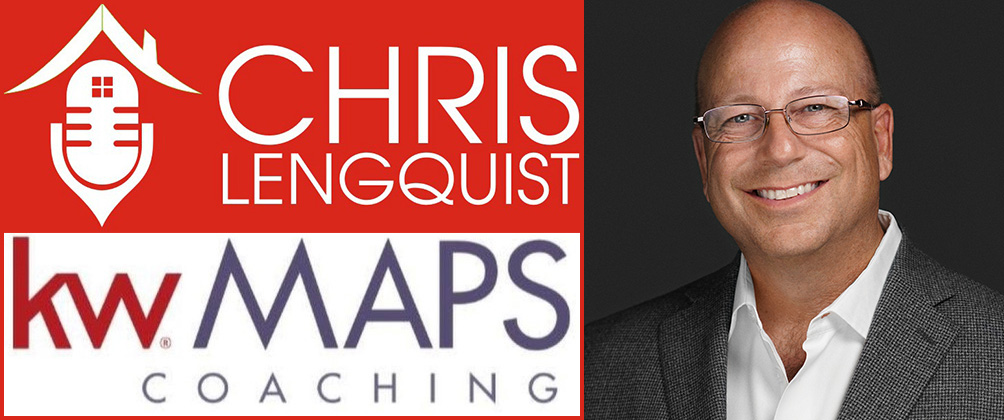There is a lot of discussion, and misapplication, of the terms income and wealth going on right now in our media and social media because of the discussions of taxation and future tax policy. While I have strong feelings on the subjects of how to tax income versus wealth I’ll save those for another time, another place. I do want to bring a little understanding to the difference between income and wealth so that when the topic comes up, we don’t confuse the two.
INCOME
Your income is all the money you make. It’s really that simple. I own a property management business and whatever money I draw as a salary and as profits that are passed through to me are part of my income. I own a coaching company and whatever profits that are passed through to me from that company are part of my income. My wife works. Whatever salary she earns is part of our income.
Yes, savings interest, stock dividends, profits from rents on any rental properties you own that pass through to you are part of your income.
And yes, you may be noticing that I keep using the term “pass through” because depending on your entity you may have a corporation that can retain income. Again, that’s a whole other discussion for a different time, a fun one at that when it comes to how/if to tax corporations.
WEALTH
Your wealth is your net worth. Here’s how to figure your net worth.
Write down everything you own. I mean everything. House(s), car(s), toys (ie, boats, bikes, fancy stereo systems, etc.), checking accounts, savings accounts, furniture, stocks, bonds, 401(k) and other retirement accounts, household items, and on and on and on. Write it all down and then assign it a value. We’ll call this your assets. You’ll have a total assets number.
Then write down everything you owe. I mean everything. We will call these liabilities. This may include your mortgage(s), car payment(s), credit cards, student loans, bills to your work or business, medical bills, etc. We won’t include utilities, groceries and the like. But if you have a recurring (or even one time) payment for something you bought, even stocks on margin, then this is a liability. Heck, maybe you have a business loan out there that you are personally responsible for. That’s a liability! (However, depending on your entity and recourse we may have a completely different Net Worth Sheet for your business.)
Then, take the total of your assets and subtract the total of your liabilities. That equals your Net Worth. Or, in other words, your wealth. This can be a positive or negative (Yikes!) number. Commentary: For years I had the negative part down pat.
HOW DOES WEALTH GROW?
Just because your income grows doesn’t mean your wealth goes up. If you keep spending your income on things that don’t hold or escalate in value (cars, trucks, food, etc) instead of things that tend to pace or exceed inflationary growth (houses, stocks, mutual funds and possibly your own business) your wealth will not necessarily increase. Wealth grows as your net worth grows.
Wealth is easier if you have a higher income. But, and this is big, you don’t need a high income to have high wealth and a higher income is not necessarily an indicator of higher wealth. There is an old saying that if you can’t live on $50,000 you can’t live on $500,000.
You simply need to spend less that your earn, and invest your “savings” into something that retains or increases in value.
THE REALITY OF YOUR INCOME
Sounds simple, right? Well, for all the years I struggled I really couldn’t worry too much about wealth because I didn’t have enough income to meet my obligations! So, between necessity and financial ignorance, I lived on more than I earned. Credit cards, consumer loans, buy now – pay later.
Heck, we were raising four kids and we were stretched thin. I mean thin. So our net worth was actually negative. For example, when you buy a car for $20,000 and put 30,000 miles on it in a year the payments I made may have reduced the total I owed on the car to $15,500 but the wear and tear and time value of the car was now only $12,500. I had worked so hard and gone backwards by $3,000!!!
PRO TIP
Don’t allow your lifestyle to pace with your income. For years, I did this and then was subject to complications like hiccup in my income or a change in the economy, or a large health bill. I finally learned to not allow our lifestyle to grow with our income. Or, more rather, I delayed our lifestyle until I had proven my income. My advice? You can raise your lifestyle but first “prove” your income for 18-24 months. Good things will happen if you do this.
- You may create enough cash that you don’t have to make any payments on what you are looking to purchase.
- You will be creating margin in your life and learn how to be comfortable with saving and investing.
- Your life decisions can be made on “What’s best that fits my goals/values?” instead of “I need this money to…”
- You may finally have the chance to experience being generous in your giving to your church, charity or loved ones without any emotional strings attached.
I wish you luck on your journey to creating your “Retirement worth having.” You can start by truly understanding the difference between income and wealth.




Recent Comments